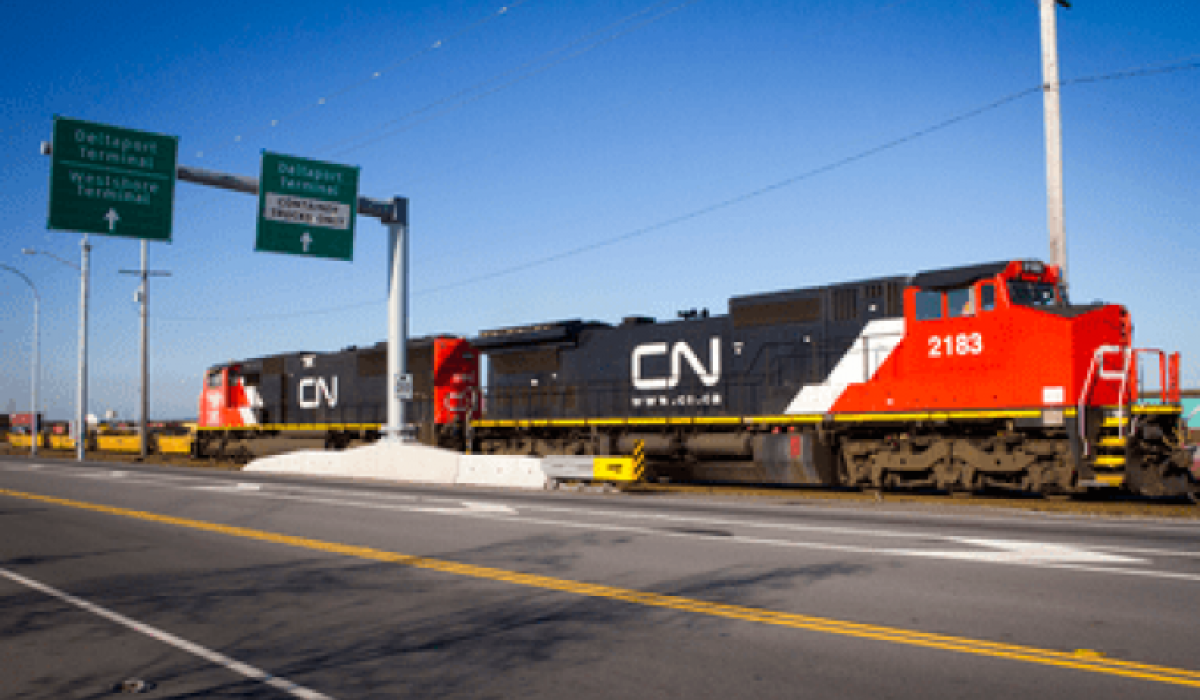Canadian rail operators are placing their bets on government intervention to prevent a nationwide rail strike rather than negotiating, according to the union.
The Teamsters Canada Rail Conference (TCRC) union began bargaining earlier this month with rail operators Canadian National Railway (CN) and Canadian Pacific Kansas City (CPKC) after the parties’ collective agreement expired on 31 December 2023.
The union has vowed to strike at the earliest opportunity, which could cause widespread chaos across North American supply chains.
A strike was set for 22 May but was called off following a request from Canadian labour minister, Seamus O’Regan, to the Canadian Industrial Relations Board (CIRB) to assess whether the strike could pose a threat to national safety.
The CIRB is currently examining what, if any, critical shipments must continue during a strike or lockout. Legally, a strike cannot commence until such a decision is made, but negotiations can still take place.
Yesterday, however, TCRC revealed that there has been “no progress”.
“Despite being ready to negotiate over the long weekend, the company declined to participate unless their original demands were met. The committee found this unacceptable, given the membership’s response to the strike mandate and CPKC’s options,” it said.
“The company clearly indicated its preference for arbitration over negotiation, suggesting it hopes for government intervention to stop collective bargaining.”
TCRC’s negotiations with CN from 13 to 17 May proved unsuccessful, and its most recent negotiations with CPKC from 17 to 21 May were no different.
“Your bargaining committee made a good faith effort to negotiate with the company (CPKC) which did not proceed in a productive manner on account of their unwillingness to entertain our proposals,” the union informed its members.
Submissions to the CIRB were registered on 21 May and rebuttals must be submitted by 31 May. It is unclear exactly how long the review could last, but the CIRB told The Loadstar it would conclude as “expeditiously as possible”.
The union has implied it will commence strike action at the earliest opportunity once the process has been concluded, but by law must give 72h notice.
CPKC predicted that it is “unlikely” the parties would be able to initiate a legal strike or lockout within the next 60 days.
Mr O’Regan said his request to the CIRB was prompted by “concerns from industry groups”. Specifically, the minister requested that the CIRB investigates the “maintenance of activities agreements” between the TCRC and CN /CPKC.
“Maintenance of activities” refers to a mutual agreement between the union and company of what, if any, services must be maintained by both parties in the event of a work stoppage.
This type of service would be any necessary to protect the public from “immediate and serious danger” while a strike or lockout is underway.
“Currently our agreement states that there are no maintenance of activities that must be protected in the event of a work stoppage,” said the TCRC.
An analysis by S&P Global warned: “While the Canadian government may count energy supplies and food as being critical, the automotive sector and other, consumer-oriented goods may not be so lucky.”
In this case, many stakeholders will rely on surrounding transport networks to mitigate the fallout, consequently congesting Canadian and northern US ports and rail.

